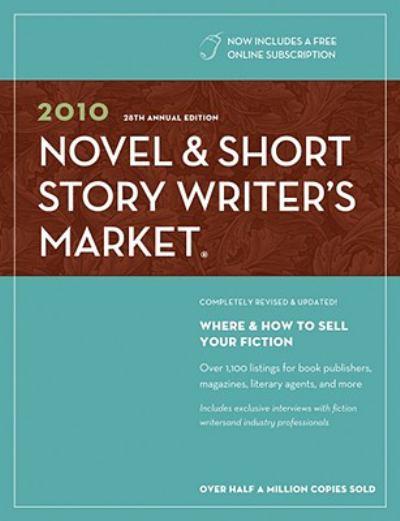Regarding the Cover Letter Summary
As I remember it, it was once common to write cover letters for magazine submissions that started out like this:
Please consider my 3,444 word story “The Reinvigoration of Ronaldo” for publication in Fine Literary Journal Produced Either Independently or By the Grace of University Support. In “The Reinvigoration of Ronaldo,” the title character is running late for the most important meeting of his career, until he learns that life has more to offer for those willing to forsake punctuality.
It’s the second sentence I’m most curious about here, the summary of the story being submitted, modeled here after dozens of similar cover letters I’ve received at various magazines (but with all of the details being made up). When I first started submitting to literary magazines, this is exactly what books like the yearly Novel & Short Story Writer’s Market suggested you do (although I have to say that I thankfully never followed their suggestion). I haven’t bought a copy of that book in years, but recently had a chance to look through someone else’s, where I saw that they’ve moved to a cover letter that leaves out the summary, a move I certainly appreciate and that I think is generally agreed on. As an editor, I know the summary almost never endears me to read the story in question, partly because any summary of a short story tends to be incredibly (and negatively) reductive.
My question here isn’t whether or not submitters should leave off the summary–I think they most definitely should–but whether or not the summarizing itself is harmful to the writers who practice it.
This one’s for Blake: David Lynch wrote and directed a sixteen-minute Dior commercial titled “Lady Blue Shanghai,” that “sets Marion Cotillard (who makes an eerily perfect Lynch heroine) in a Shanghai mystery involving a glowing — and seriously covetable — quilted handbag. There’s strange music, Lynch’s trademark rich colors, poetry and more maguffins than you could stuff in a satchel.” Via Salon, who called it “the director’s best work since ‘Mulholland Dr.'”
Editors: When you’re nominating writing from your magazine for an award or prize, do you always nominate the work you think is the absolute best you’ve published, or do you nominate work that is maybe just among the best but that you feel might match the aesthetics and prior history of the prize or award you’re nominating for? In other words, as an editor, do you target your nominations for the Pushcart Prize and other awards/anthologies in the same way you hope that writers target their submissions to you?
From Michael Rudin’s “Writing the Great American Novel Video Game” at Fiction Writers Review: “The keyboard we writers know so intimately… lives a double life, spellbound in passionate affairs with a video game community that dotes on it as affectionately as we authors ever have. For every keystroke a writer uses to describe character or establish scene, somewhere in cyberspace a gamer uses these same keys to navigate gunships and commandeer submarines.”
The Book Design Review blog has posted their Favorite Book Covers of 2009. Which others did they miss? What was your own favorite cover of the year?
“At least I was able to penetrate into the mysterious and magical belly of a movie star”

As a novel about sexuality, told in what Mailer had thought was a style imbued with sexual energy, The Deer Park had offended his original publisher, who dropped it in page proofs; ironically, Mailer found himself changing some of the phrases to which the publisher had objected, not on moral but on aesthetic grounds. “Fount of power” for female genitalia became “thumb of power.”

